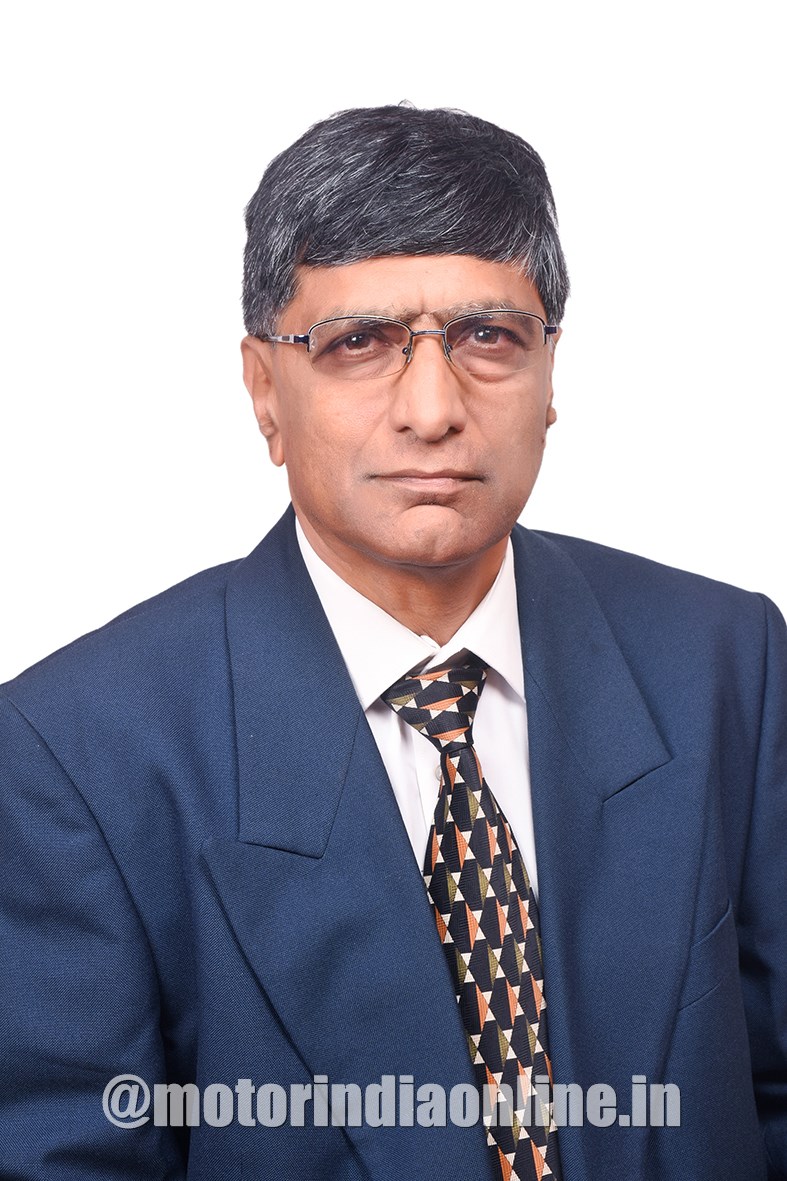NPL BlueSky Automotive is a technical JV between Nandan Petrochem Ltd. (NPL) and KRUSE Automotive GmbH, Germany, to manufacture and market AdBlue (AUS32/DEF) in India. Mr. M.D. Kumar, Vice President, Business Development, NPL BlueSky, gives us insights into to how the BS-VI norms would impact the auto industry and why his company is in pole position to benefit from the change.

Excerpts:
Market impact
Switching from BS-IV to BS-VI is definitely a big jump which has not been the case with the European countries which have gone through Euro V and then to Euro VI. This switch will impact the automotive industry in terms of cost and sourcing the parts required in a short period of time. Considering the current slowdown in the industry where there seems to be more HCVs than required, the switch will not be easy to face in the short term. In the case of our business, the opportunities will be plenty as even PVBUs and LCVs will now have to go in for SCR technology requiring AdBlue. We have planned our strategy well in advance and we are commissioning plants judiciously across the country to make the product available closer to the doorstep of all segments of our customers.
Cost implications
The cost of operation per km for a fleet customer will definitely increase as, besides the cost of the vehicle going up, the cost of BS-VI fuels is also expected to rise. Considering that there could be some pre-buying, the demand for BS-VI vehicles may be low initially. Government intervention to increase liquidity and lower interest rates for loans for purchase of BS-VI vehicles will definitely help. After all, the overall objective is to reduce emissions and the government needs to step in for all the citizens to breathe cleaner air.
Challenges
The technology for BS-VI is a leap forward and a major challenge is to train the drivers and explain to them the newer aspects of operating a truck. Considering drivers are not too educated, it will be a challenge to train them. Spare part availability will also be a challenge as retooling by ancillary industries will be required. In addition to the BS-VI spare part positioning, the OEs will also have to position spares of all models which are on the road for many years. The third biggest challenge is to control the proliferation of fly by night DEF manufactures as there will be a steep increase in its requirement. These operators will not adhere to the stringent quality parameters of the products and sadly the emissions will only worsen and the huge investments made by the OEMs for the switch to BS-VI will be infructuous. Therefore, the OEMs will have to first plan out a training capsule for all the buyers, be it a PV customer or a CV customer.
Secondly, the government must come out with a vehicle scrappage policy to spur demand and put a stop to the OEMs sourcing spare parts for vehicles which are outdated.
Thirdly, a regulatory authority is the need of the hour to control the mushrooming of AdBlue manufacturers. This is the last mile in the chain to control emissions and as we all know, a final thrust is required in the last mile to reach the finish line and reach the objective of the citizens breathing cleaner air.
Opportunities
We have an opportunity to show that we are catching up fast with the rest of the advanced countries by switching to BS-VI in such a short period of time. The automobile companies can explore many export markets as we will be ahead of a vast majority of countries.
The government can help the industry by implementing a scrappage policy so that polluting vehicles can get off the roads which can kick start demand for new BS-VI vehicles.
There is also the chance to get more educated drivers, as the technology will call for better understanding. This will lead to safer driving on our roads besides getting more mileage per litre leading to better fuel efficiency and consequent reduction in operating costs. We already see some trends in this direction, though miniscule at the moment.
Outlook
The automobile industry will continue to face challenges even in the second half of this year as buyers are adopting a wait and watch policy. They are also awaiting a clear policy on the transition to electric vehicles, though in our opinion fossil fuels will continue to dominate in the foreseeable future. We will need to wait and watch as to how the macro-economic parameter will play out over the next few months. As far as NPL Bluesky is concerned, we have achieved more than 90 per cent of our targets until now and we hope to continue to do so by the end of the year. We are well in line to achieve and even surpass a 100 per cent growth rate this year.
